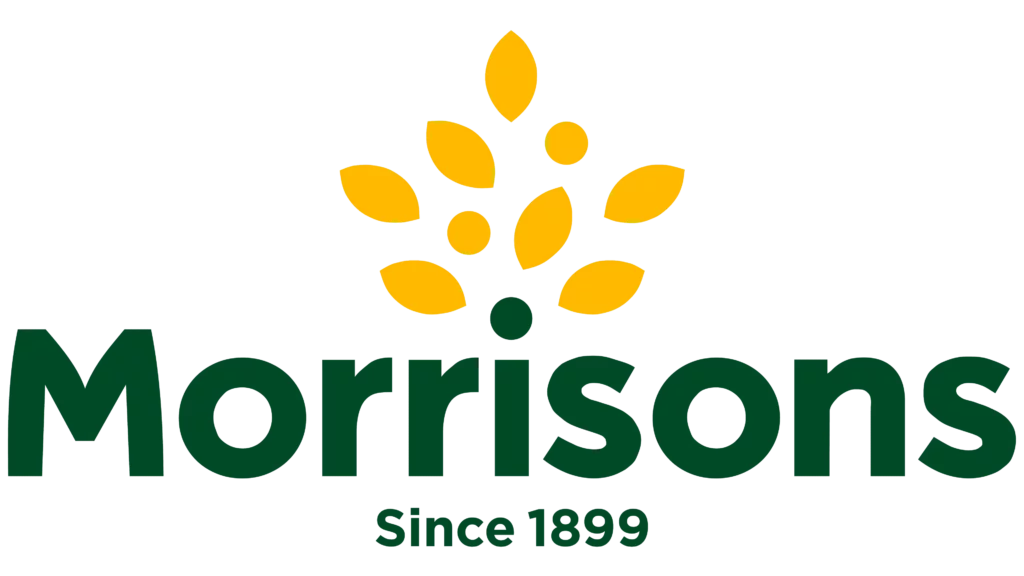Candidate Assessment Solutions
Use award-winning candidate assessments to find the future-fit talent
This critical part of your hiring process is fundamental to ensuring you identify the right individuals for your business.
Put simply, candidate assessments are tools or processes that evaluate whether a candidate is suitable for a job role.
At Amberjack, as part of our candidate assessment solutions, we can design and deliver end-to-end assessment and selection processes or work closely to align and support your organisation’s in-house recruitment team.

Amberjack's Candidate Assessment Services
Predictive Validity Study
Job Analysis
Competency Framework Creation
Selection Tool Audit
Bespoke Assessment Design
Situational Judgement Test Design
Off The Shelf Assessment Configuration
Assessment Centre Design
The Purpose Of Candidate Assessments
Having an assessment process in recruitment that is designed by experts and that is appropriate for the job is extremely important.
Not only does a bad hire cost nearly 4 times as much as a successful recruit, but the impact on the candidate experience and the knock-on an employer’s brand can be hugely detrimental.
The recruitment assessment process is also an opportunity for organisations to showcase their brand, educate individuals about the role and help them gain an edge over competitors.
Designing an assessment journey that is inclusive, free from bias and representative of your workforce is also fundamental for ensuring that it is a level playing field for candidates from any background to succeed.
Candidate Assessment Services
Assessing Candidates For Potential
At Amberjack, we work with some of the UK’s leading Early Career recruiters to design processes that are unique, engaging and can identify future potential. This allows us to focus on attracting candidates that are perfect for our clients.
This model underpins our candidate assessment solutions and supports organisations to build a workforce for the future.
Grit
What we measure:
Resilience, Passion, Delivery
What we measure:
Resilience, Passion, Delivery
Creative Force
What we measure:
Focused, Original Vision , Agent of Change
What we measure:
Focused, Original Vision , Agent of Change
Digital Mindset
What we measure:
Technological Mindset, Digital Creativity
What we measure:
Technological Mindset, Digital Creativity
Applied Intellect
What we measure:
Resilience, Passion, Delivery
What we measure:
Learning Agility, Cognitive Ability, Emotional and Social Awareness
Candidate Assessment Services
Amberjack's Future Potential Blended Assessment
We offer a wide range of candidate assessment services, however our Future Potential Blended Assessment combines situational judgement, cognitive ability and behaviours to provide one overall score mapped to our model of potential identification. This is followed by an integrated video interview, making it one of our most effective assessments for hiring.

Amberjack's Blended Assessment
Situational judgement
Cognitive ability
Behaviours

One overall score mapped to our model of potential identification
Video interview items
Can be assessed for successful candidates only
The Benefits of a Blended Candidate Assessment
Improved Efficiency And Lower Cost Per Hire
Organisations can significantly reduce the time to hire by gathering all the recruiting assessment test data in one stage.
A greater variety of data points means you can use cut-scores more flexibly to allow you to reduce your candidate pool more efficiently, whilst adhering to best practices.
As the Amberjack blended assessment was designed to be blended from first principles, it collects the data in the minimum candidate completion time required whilst ensuring a robust assessment.
It also means one blended cost rather than multiple stitched costs.
Provides An Engaging Candidate Experience
Your candidates can provide all the assessment data needed in one go meaning less lag between application and offer, fewer touch points for attrition, and no requirement for a candidate to “jump in and out” of your process.
Our blended assessments have also been designed to engage through item variety.
Our blended assessment is ready to go, but if you to be bespoke, you can easily incorporate information and video content about your brand to support engagement.
A truly blended assessment also means one, all-encompassing feedback report.
Increased Diversity
High-cut scores on a single criterion are often the biggest cause of adverse impact in a recruitment assessment process.
The fact our blended assessment score is generated from multiple criteria will improve the predictive power of your assessment without having a negative impact on the diversity of your pipeline.
Better Quality Candidates
As you get a more rounded assessment of the individual, you will benefit from the “incremental validity” of assessing potential using different types of activities and not over-reply on one form of candidate.
By using these assessments for candidate management, you can expect better-quality candidates at the later stages of the assessment process.
Testimonials
What Our Clients Have To Say
Resources from our Blog
Looking to build robust assessments for your hiring process?
To find out more about Amberjack’s award-winning candidate assessment solutions, contact us today!














